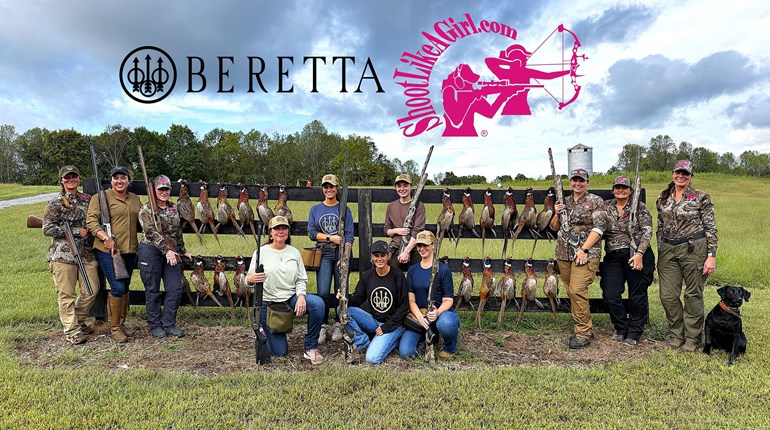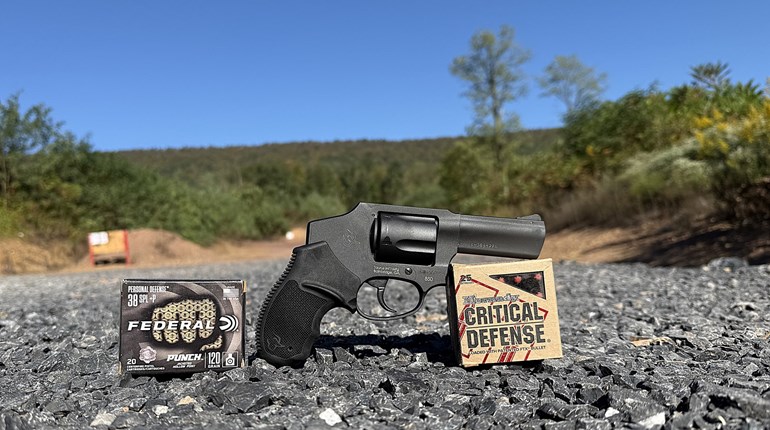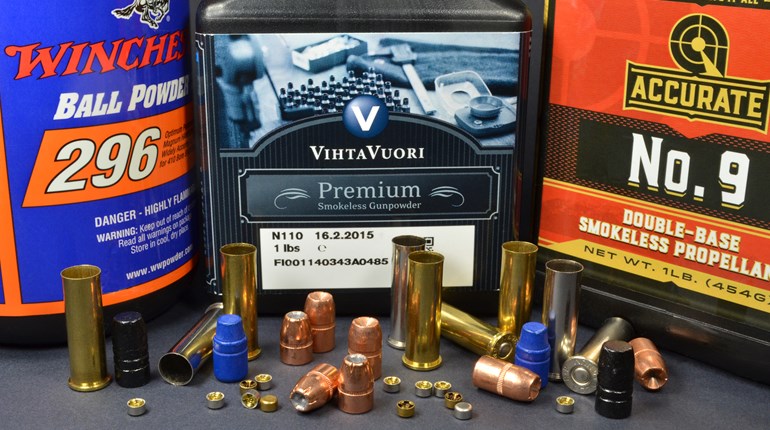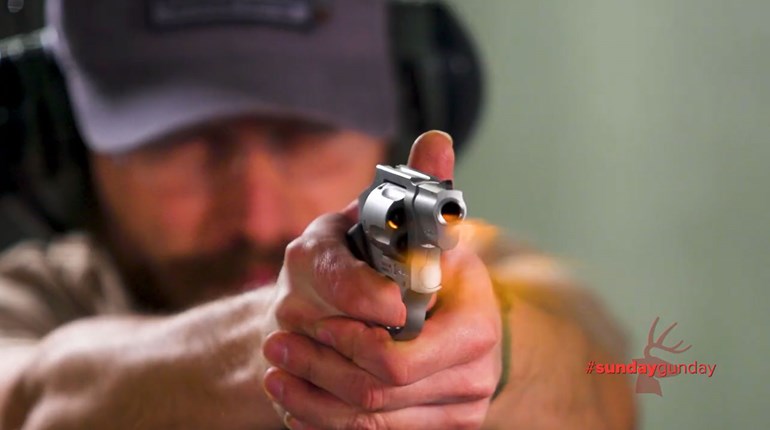
Metal detecting can be quite the exciting activity, whether you're on the hunt for lost treasures, historical artifacts or even a rare coin or two. To ensure a successful and enjoyable metal detecting experience, it's important to follow a structured approach, starting with selecting the right equipment. Choosing the appropriate metal detector is crucial to your success. Your selection should be guided by what you're searching for and where you plan to use the detector.
For beginners, entry-level detectors are typically user-friendly and offer basic features, making them a good starting point. As you become more experienced, you might consider mid-range models, which provide better depth and more features, or high-end detectors designed for serious enthusiasts and professional searches, offering advanced capabilities and exceptional sensitivity.
Simply going out and buying a metal detector is not enough, as it is important to become intimately familiar with how it works. Familiarize yourself with its components, as each part plays a role in detecting and interpreting metal signals. The search coil is responsible for detecting metal objects, while the control box houses the electronics that process the signals. Adjust the length of the stem to suit your height and ensure the search coil is securely attached. Consult the user manual to learn about the various controls, such as sensitivity, discrimination and ground balance, then experiment with these settings to see how they affect performance in different conditions.
 Setting up your metal detector properly is essential before you begin your search. Ensure the stem is adjusted for comfort, the search coil is securely attached, and the battery is charged or replaced. Adjust the detector’s settings based on the environment; for instance, modify the sensitivity and ground balance to accommodate different soil conditions. In highly mineralized soils, adjusting the ground balance can help reduce false signals and improve accuracy.
Setting up your metal detector properly is essential before you begin your search. Ensure the stem is adjusted for comfort, the search coil is securely attached, and the battery is charged or replaced. Adjust the detector’s settings based on the environment; for instance, modify the sensitivity and ground balance to accommodate different soil conditions. In highly mineralized soils, adjusting the ground balance can help reduce false signals and improve accuracy.
Choosing an optimal location for practicing your new hobby can significantly impact your success. Areas with historical significance or high foot traffic, such as parks, beaches and old battlefields, are often fruitful spots. Always check local regulations and obtain any necessary permissions before detecting on private or restricted land. Some regions have specific rules about metal detecting, and adhering to these guidelines is important for a positive experience.
When it comes to technique, hold the metal detector with the search coil parallel to the ground and sweep it in slow, steady arcs. Keep the coil just above the surface to maximize sensitivity and reduce soil interference. Sweep in overlapping patterns to ensure thorough coverage. Pay attention to the signals and sounds emitted by the detector; a consistent tone typically indicates a metal object. Variations in pitch or tone can provide clues about the type and depth of the metal.
Interpreting the signals from your metal detector is a skill that improves with practice. Most detectors feature a discrimination function to help differentiate between types of metal, such as coins and trash. Learn to interpret these signals by referring to the detector’s manual and practicing in various conditions. Over time, you’ll become adept at distinguishing valuable targets from common debris. When you receive a signal, dig carefully to retrieve the object. Use a trowel or small shovel to make a precise hole and avoid damaging the object. If you’re detecting in a grassy area, try to remove the soil and grass in a single plug to minimize disruption. After retrieving the item, fill in the hole and restore the ground to its original state, especially in public areas, to maintain the site’s appearance and to show respect for others.
Cleaning and storing your finds properly is crucial for preserving their value. Gently clean items with a soft brush or cloth to remove dirt, avoiding harsh chemicals or vigorous scrubbing that could damage them. For coins and relics, a mild soap and water solution can be used, but always test on a small area first. Store your finds in protective cases or containers and keep them in a dry, cool place. For particularly valuable or historic items, consider consulting a professional conservator for proper care and preservation. 
Practicing good etiquette is essential in metal detecting. Always respect the environment and property where you detect, follow local laws, and obtain any necessary permissions. Be considerate of other people and leave no trace by filling in any holes you dig. This approach helps maintain a positive image for the metal-detecting community and ensures continued access to valuable detecting locations.
Finally, metal detecting is a skill that improves with experience. Joining metal detecting clubs or online forums can provide valuable opportunities to share tips and learn from other enthusiasts. Many clubs offer group hunts and workshops, allowing you to gain hands-on experience and refine your techniques. Continued practice and learning will enhance your overall metal-detecting skills and enjoyment of the hobby.
By following these steps, you'll be well-prepared for a successful and enjoyable time out. Whether you're searching for hidden treasures or historical artifacts, employing proper techniques and maintaining respect for the environment will help you make the most of your new hobby and the many adventures it is sure to provide.







































